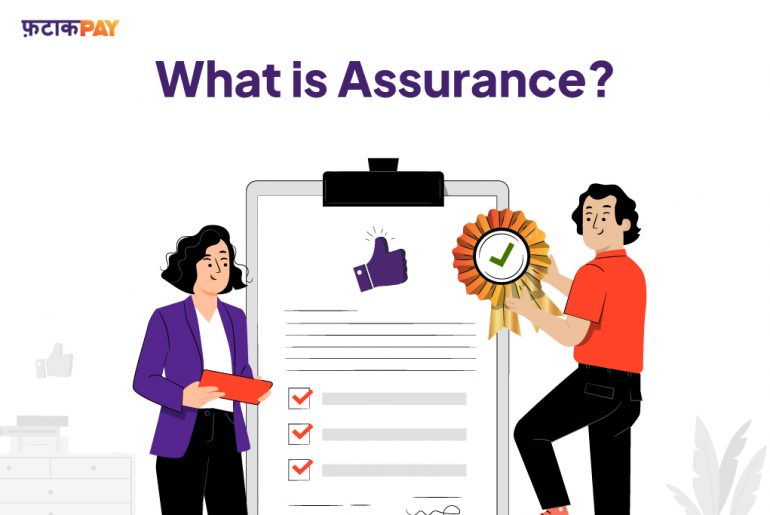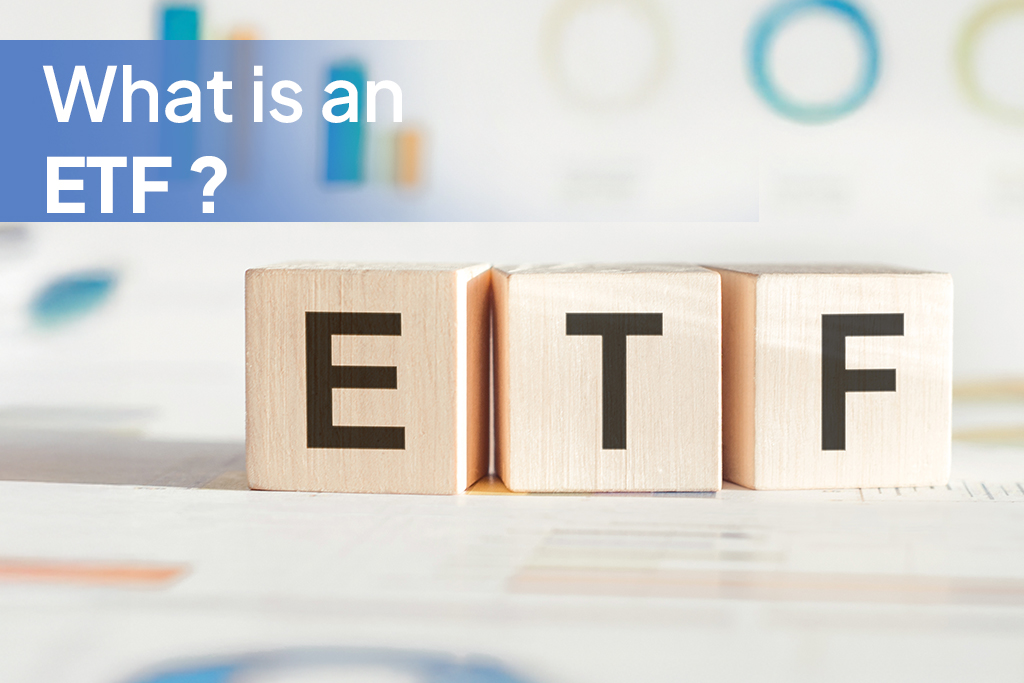Definition of Assurance:
It is a term used to describe financial protection that offers compensation for an event that is bound to happen. Assurance and Insurance are phrases that are frequently used interchangeably. Yet Assurance refers to consistent coverage for lengthy periods of time or until death whereas insurance refers to coverage during a short period of time.
Some more stuff about Assurance:
The objective of it is to provide monetary support for a specific situation that is bound to happen. An event that is bound to happen is death. The claim payment is pre defined. In Life Assurance you will get the predefined amount with 100% certainty. Unlike Insurance there can only be a single claim in case of Assurance. That one claim is against death.
Health insurance does not come under Assurance as multiple health disorders can take place within a person’s lifetime. In Assurance only a person can be insured and not his/her property. If death doesn’t take place within the stipulated period of the policy the policy holder gets back his money. If the person dies within the stipulated period of time he still gets back his money.
Is that the end of the article? Well not really 🙂
It can also refer to professional services provided by accountants, lawyers and other professionals. Let’s have a look at this other type.
What is this other type ?
Assurance in a way is enhancing the credibility of the financial information.
In a corporate setting it consists of 3 parties: Management, who prepare the information. There is the intended user for whom the information is being prepared. Finally we have the assurance practitioner who comes in and provides credibility of that information for that 3rd party.
Audit and Assurance together verify the accounting records as per accounting standards in principle.
The assurance reports are used by a wide range of users: banks, shareholders of a company they can be used by customers to determine how credit worthy they are or they can also be used by suppliers to determine whether you’re actually a good business to do business with. It increases the credibility of information for decision making of an organisation.
Audit can be considered a subset of assurance. Audits provide reasonable engagement but are focused on historical financial information.
Audit is the process of evaluating the accounting entries present in the financial statement of the company.
A reasonable Assurance is a high but not a guarantee that information is perfect even though the reliability of the information is high. It is limited to what came to the auditor’s attention.
Let’s look at an example:
Let’s imagine that shareholders of a publicly traded corporation start to worry that the business is getting revenue too soon. Early revenue realisation could result in better financial results going forward in the present but it could also result in poorer consequences for the future.
Management of the company concedes under pressure from shareholders to employ an assurance firm to examine its accounting practises and systems in order to present a report to shareholders. Shareholders and investors will be reassured by the summary that the company’s financial statements are truthful and that its revenue recognition practices adhere to generally accepted accounting rules (GAAP).
The assurance company examines the financial statements meets with consumers and clients and interviews members of the accounting department. The assurance company verifies that the company in question adhered to GAAP and provides stakeholders with assurances regarding the reliability of the company’s performance.
This concludes the LinkedIn Article. We hope this was an informative read.
Assurance Builds Trust FatakPay Builds Financial Strength.
Stay confident about your finances with instant access to credit, insurance, and secure payments all in one app.
Download the FatakPay App today and experience smart, stress-free financial management.
You can check out our previously written blogs/articles:






